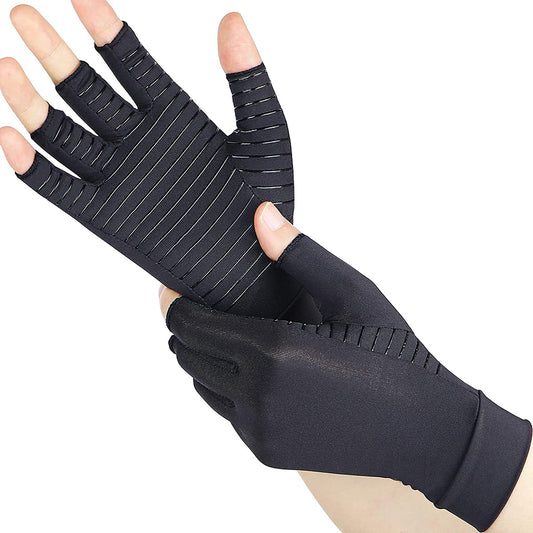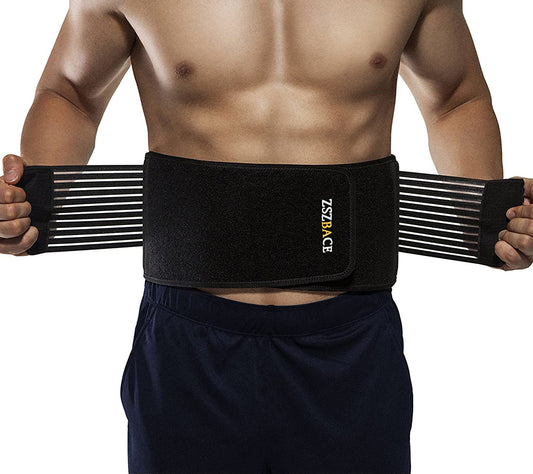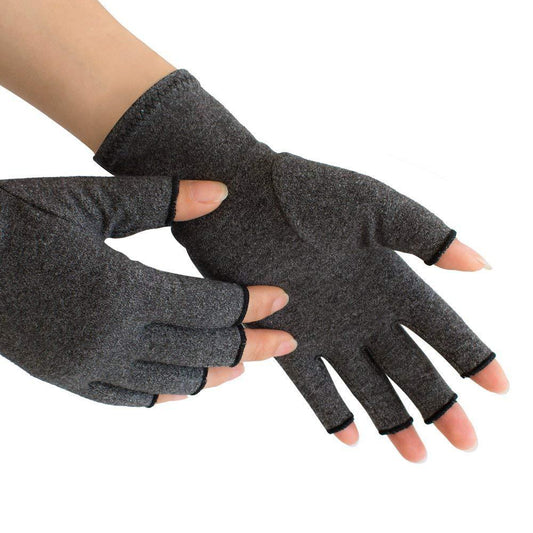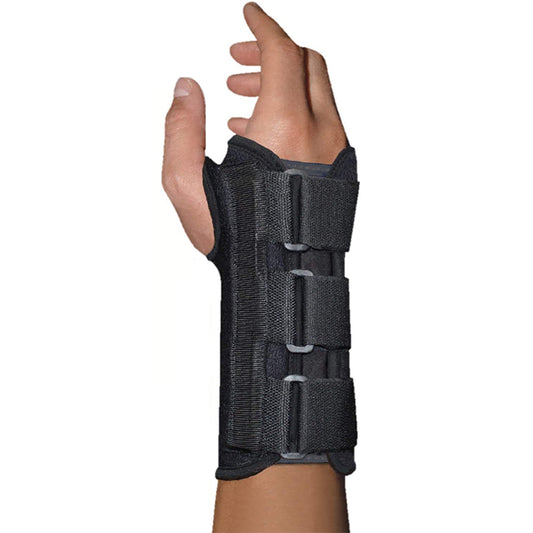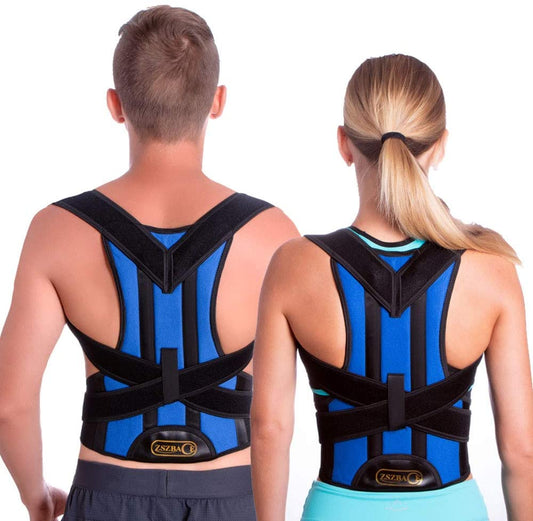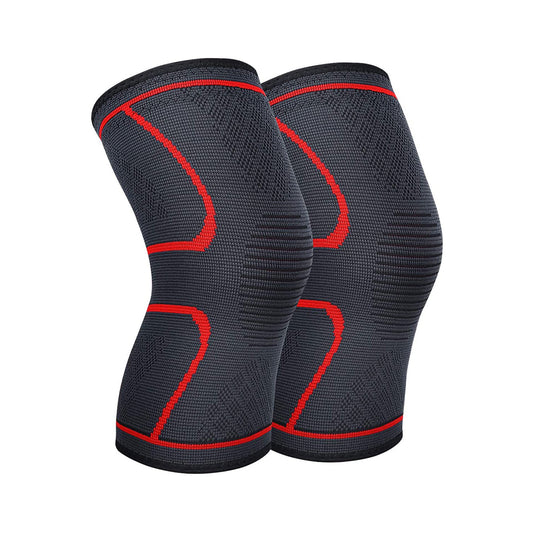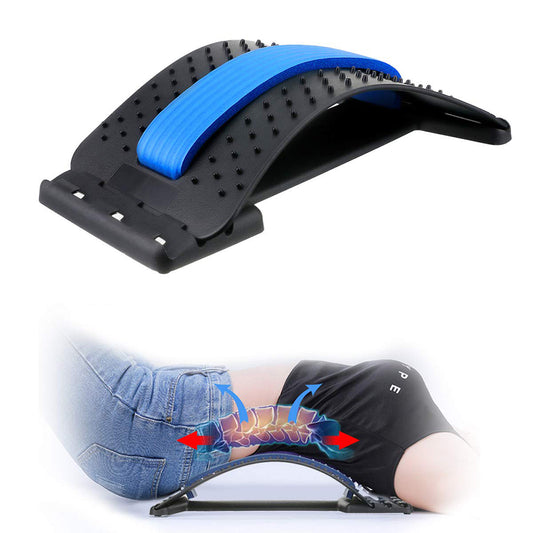
Foot Tingling: Causes and How Compression Stockings Can Help
Share
Tingling in the feet is a concern for many people. Compression socks can help relieve this feeling, so if you have a problem with tingling in your feet, consider zszbace's line of compression socks.
The first thing you should do when you experience this tingling is to notify your doctor. This could be a sign of a more serious condition, such as diabetes.

What Causes Foot Tingling?
When people say they feel a tingling in their feet, they may experience tingling, numbness, or pain. These sensations usually appear if you are in the same position for a long time. Movement usually relieves your discomfort.
For others, the tingling can be a sign of peripheral neuropathy, a condition in which the peripheral nervous system is damaged. Through this system, your brain and spinal cord send signals to the rest of your body. A tingling in the foot is a sign that this neural network is not working properly.
A person may experience neuropathy or tingling in their feet because they have an underlying medical condition. Below, we will discuss some of these conditions.
Diabetes and diabetic neuropathy
Many people with diabetes experience tingling in the feet or diabetic neuropathy due to high blood sugar levels. High blood sugar can damage your nerves. In addition to tingling in the feet, people with diabetes may experience the following symptoms or complications:
-
dry mouth
- frequent urination
- extremely thirsty
- hypertension
- Pain or numbness in the extremities
- slow wound healing
- Vision change
If you are concerned about diabetes, have your doctor perform a series of tests to determine if you have diabetes. These tests usually involve providing blood and urine samples. If you do have diabetes, treatment may include insulin, dietary changes, and other lifestyle changes.
Multiple sclerosis
Multiple sclerosis (MS) is a disease of the central nervous system. When you have multiple sclerosis, your immune system damages your myelin, the insulating layer that covers your nerves. As a result, you may feel muscle spasms, numbness, tingling, or numbness in different parts of your body.
There is no cure for MS, but it can be managed with plasma exchange, corticosteroids, physical therapy, muscle relaxants, and various medications. To diagnose MS, patients may undergo MRIs, spinal taps, blood tests, and evoked potential tests.
Hypothyroidism
Hypothyroidism, or an underactive thyroid, occurs when your thyroid does not produce enough thyroid hormones. People with underlying hypothyroidism experience common symptoms such as:
-
weight gain
- thinning hair
- fatigue
- joint pain, stiffness, or swelling
- muscle weakness
Hypothyroidism can lead to neuropathy problems that can cause tingling in the feet. To diagnose hypothyroidism, doctors do a blood test called a thyroid-stimulating hormone test.
other reasons
Don't worry -- not everyone with tingling feet has an incurable disease. In addition to prolonged immobility, tingling feet or a tingling sensation can be caused by:
- Vitamin deficiency (B vitamins such as b1, b6 or b12)
- tarsal tunnel syndrome
- Alcohol use disorder or alcoholic neuropathy
- Renal Failure
- nerve damage
- HIV
- Rheumatoid Arthritis
- consume toxins
- bodily injury
- Bacterial infections
- lupus
It's important to find out what's causing the tingling in your feet so you can start treatment right away. In addition to blood tests and a doctor's review of your medical history, you may need an electromyogram (EMG), computed tomography (CT), nerve or skin biopsy, and cerebrospinal fluid tests.
In addition to your family medical history, your doctor may ask about your family medical history and may perform a physical exam to make a proper diagnosis.
Medication and lifestyle changes are the best treatments for tingling feet and the underlying cause. It is possible to rebuild undamaged nerve cells.
Some other treatments for nerve pain may include using neuropathic creams or oils, massage, controlling sugar intake (if you have diabetes), and increasing your vitamin intake. Your doctor may also recommend that you lose weight, cut back on alcohol, quit smoking, and start exercising.
Improve circulation
Improving blood circulation is a great way to get rid of tingling feet. Circulation problems are common in the legs and feet. Problems occur when your blood doesn't flow properly between your heart and the rest of your body.
If the deoxygenated blood in your feet has difficulty returning to your heart, it may cause your feet to feel numb, stiff, tingling, or cold. You may even develop varicose veins, blood clots, and ulcers. Without immediate treatment, your veins may be irreparably damaged.
Other causes of poor circulation include atherosclerosis, peripheral arterial disease, obesity, and Raynaud's disease.
To improve circulation, you can exercise, improve your diet, quit smoking, raise your legs while lying down, or wear compression stockings. You can use a combination of these solutions.
How Compression Socks Can Help
How do compression socks work? What do they do?
Compression stockings improve circulation by promoting better blood flow and help compress nerves. Wearing them will not only prevent tingling in your feet, but also prevent discomfort in your legs and feet.
When you wear compression socks, your vein circumference decreases due to the progressive compression of the socks. This can prevent your veins from swelling, which can prevent more serious problems like blood vessel disease.
Compression socks are available in a variety of styles, whether you want them to grow to your thighs or your ankles. Knee-length and thigh-length compression socks, in particular, put less pressure on the upper and lower legs than the ankles, preventing blood from building up in the feet.
By using compression stockings to improve circulation, you can reduce your risk of neuropathy. If you've already experienced neuropathy, choose the best neuropathy socks you can find to lighten your load.
Generalize
If you experience tingling in your feet, don't ignore the problem. Talk to your doctor. Find out what's causing your feet to tingle, then work with your doctor to develop a treatment plan. Whether it's massage, medication, exercise, or compression stockings, there are effective ways to treat or completely heal tingling feet.


